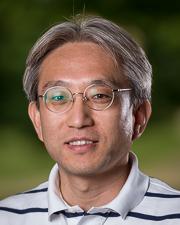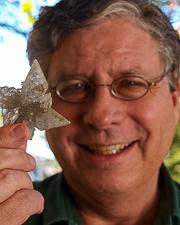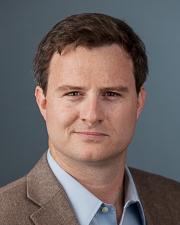High Energy Particle Physics
The high-energy particle physics group seeks to understand how the different fundamental constituents of nature interact and to thereby comprehend what constitutes the Universe at its smallest, yet most energetic level. The current emphases of research for the experimental high energy particle physics subgroup is to understand the properties of the most fundamental particles of Nature, including the Higgs Boson, the particle that is responsible for assigning mass to all other particles in the Universe. KU is a world leader in the study of ultra-high energy cosmic rays with a research program that bridges the high energy physics and astrophysics. The theory group performs studies in QCD (Quantum ChromoDynamics), in neutrino research using information from neutrino telescope data, and in quark-gluon content and behavior of the nucleons. Their exploration of the particle realm carries them into the study of cosmology, nuclear physics, cosmic rays, and many other disciplines.









